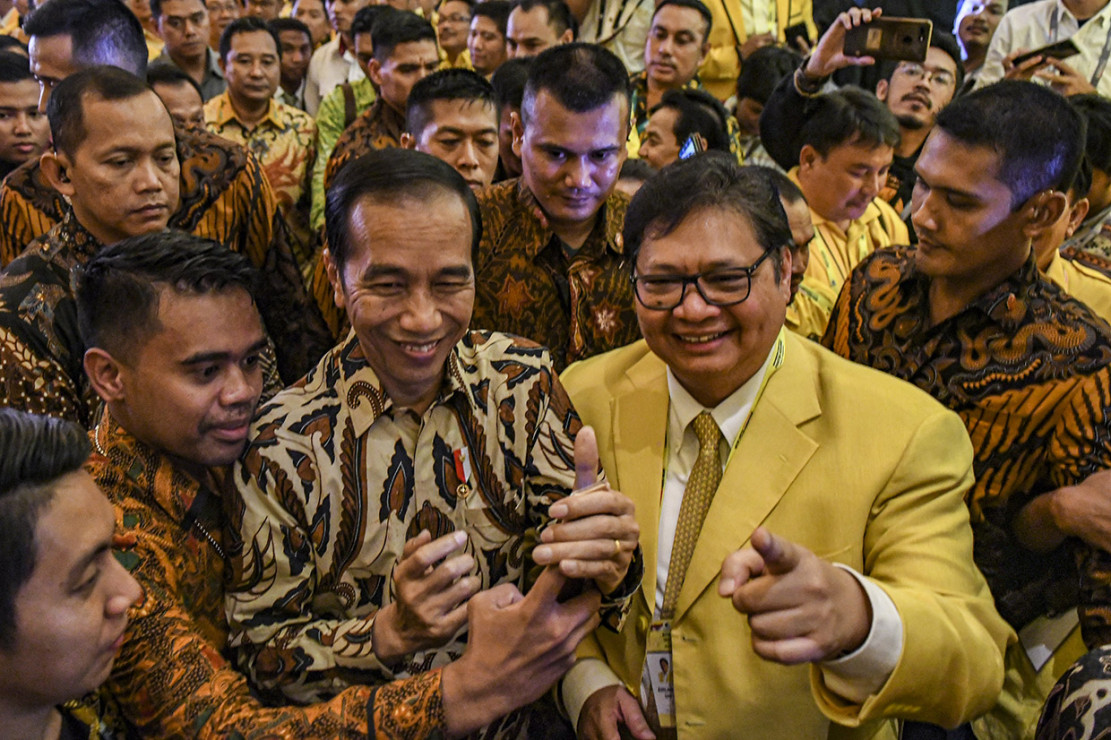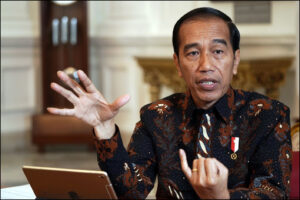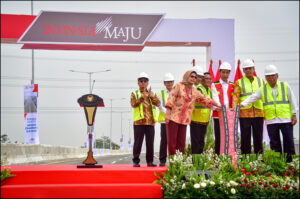Golkar Mundur Interpelasi Jokowi
Indonesia, known for its vibrant political landscape, is currently witnessing a major development in the realm of governance. The Golkar Party, one of the country’s prominent political entities, has recently taken the bold step of presenting an interpellation against President Joko Widodo, popularly known as Jokowi. This move has thrown the nation into a state of anticipation and curiosity as to what may unfold in the coming days. In this article, we will delve into the details of this significant event and explore its potential implications for Indonesian politics.
1. The Background
The decision made by Golkar to initiate an interpellation against President Jokowi did not materialize overnight. It is important to understand the factors leading up to this momentous event in order to grasp its full significance.
1.1 Intra-Party Discontent
Within Golkar itself, there has been growing dissatisfaction among some members regarding various aspects of President Jokowi’s leadership style and policy decisions. These dissenting voices have long sought an opportunity to express their concerns and hold the President accountable.
1.2 Public Outcry
Beyond internal party dynamics, there have also been significant public grievances that have fueled this move by Golkar. Issues such as economic performance, social inequality, and corruption allegations have ignited public anger and frustration, leading many to demand answers from their elected representatives.
2. The Interpellation Process
An interpellation is a parliamentary procedure that allows members of the legislative body to question government officials about specific policies or actions they have taken or failed to take during their tenure. It serves as a mechanism for transparency and accountability, enabling lawmakers to hold the executive branch responsible for its decisions.
2.1 Gathering Support
Before presenting an interpellation, Golkar had to secure sufficient support from other political parties within the People’s Consultative Assembly (MPR). This involved rigorous negotiations and discussions with like-minded politicians who shared similar concerns regarding President Jokowi’s administration. The success of this endeavor depended on building coalitions and persuading other parties to join forces.
2.2 Drafting the Interpellation
The next step in the process was the drafting of the interpellation document itself. This comprehensive document outlines the specific questions and concerns that Golkar seeks clarification on from President Jokowi. It is imperative that this document is meticulously crafted, incorporating detailed arguments and supporting evidence to ensure a strong foundation for the interpellation.
3. Potential Implications
The decision by Golkar to present an interpellation against President Jokowi has sent shockwaves through Indonesian politics. It carries significant implications for various stakeholders in both the short and long term.
3.1 Impact on Political Dynamics
This bold move by Golkar will undoubtedly influence political alliances and rivalries within Indonesia’s political landscape. The response to this interpellation from other parties will shed light on their respective positions vis-à-vis President Jokowi’s administration, potentially reshaping the political narrative leading up to future elections.
3.2 Public Perception
The success or failure of this interpellation will undoubtedly shape public perception of not only Golkar but also President Jokowi himself. If Golkar manages to present a compelling case that resonates with citizens’ concerns, it may strengthen their standing in the eyes of the public. Conversely, failure to present a persuasive argument may lead to a decline in public support for Golkar.
3.3 Governance and Policy Impact
Regardless of the outcome, this interpellation has the potential to influence governance and policy-making in Indonesia. President Jokowi’s responses during the interpellation process could prompt him to reevaluate certain policies or adopt new approaches to address concerns raised by Golkar and its allies. This could lead to a shift in government priorities and strategies.
4. Conclusion
The decision by Golkar Party to present an interpellation against President Jokowi marks a significant turning point in Indonesian politics. The consequences of this move are far-reaching and have the potential to reshape political alliances, impact public perception, and influence governance and policy decisions. As we await further developments, it is clear that this event will be closely watched not only by political enthusiasts but by all Indonesians who yearn for a transparent and accountable government.






